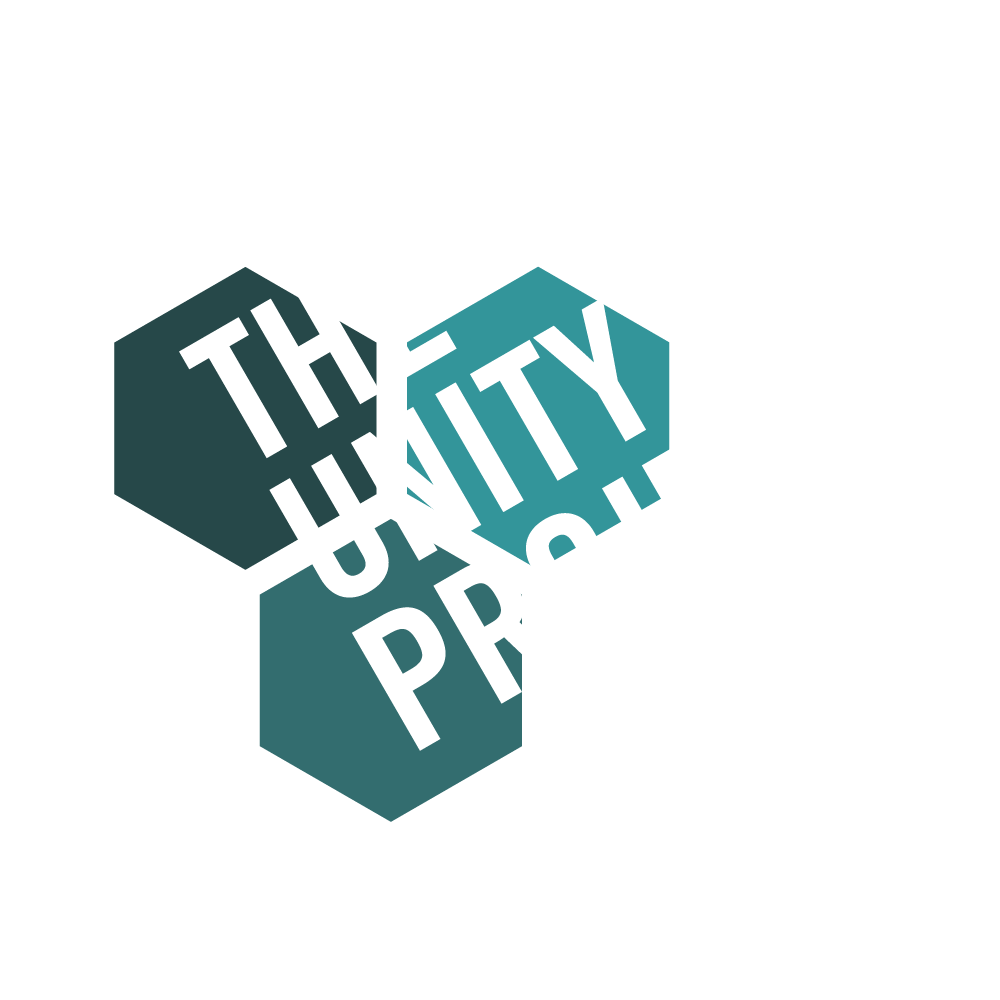Our Work
Why we are here
We want everyone living in the UK to have equal access to the welfare system. We exist to challenge the 'no recourse to public funds' (NRPF) policy in order to end it and, until then, minimise its impact.
What we do
We run weekly casework sessions where we support people with NRPF to make ‘Change of Conditions’ applications for recourse to public funds. This means that they can access the welfare safety net in times of crisis or hardship.
With the evidence that we gather through our casework and with the people that we meet who are impacted by NRPF, we pursue lasting policy change through engaging with Home Office officials and parliamentarians, and through strategic litigation where necessary.
We train, supervise, support and learn from a team of empathetic and dedicated casework volunteers, many of whom have experienced the system first-hand, to become more effective in this work and future related work.
How we do it
We aim to be:
Representative of and accountable to people who are navigating or have navigated the systems we want to change.
Sustainable, so we can continue our work as long as it is needed.
Trauma informed, recognising the impact of prior traumatic experiences and promoting an organisational culture which is safe, transparent, collaborative and responds empathically to each individual’s needs.
Rooted in community, as we believe that strength comes from relationships of solidarity and mutual support.
Equitable to all who give their time to the project.
Tenacious, innovative, reflective and adaptable in our casework.
We don’t want a project like ours to be necessary. We want the NRPF condition and the discrimination it contributes towards to end. We acknowledge that this may not happen quickly, however we seek to exist only as long as we’re needed.
We recognise that NRPF exists within the context of racial capitalism, which encompasses many systems of structural injustice. The decisions we make, such as in our pay policy, recruitment and support for staff or volunteers, are motivated by the ambition to dismantle these systems wherever they manifest around us and in our organisation.
Much of the work that we do as a project is volunteer-led. We are very conscious that unpaid or under-paid work can exacerbate poverty and inequality, and that the expectation of providing unpaid time can exclude many people from projects like ours. We also believe that there are non-monetary ways to value time, that money should not be the only incentive to do the work we do, and that many of our team actively do not seek to be paid for the time they provide. We commit to trying to address and be reflective about these issues around remuneration, for example by:
Paying our staff a living wage, calculated according to the real cost of living for a family
Offering paid opportunities to volunteers whenever they offer time above their agreed commitment
Covering expenses like travel and childcare to make volunteering as accessible as possible
